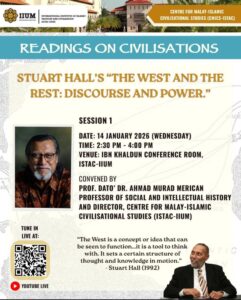Formulation of Social Sanctions for Corruption Convicts as a Form of Finding New Legal Rules in Indonesia

Author (s) : Rere Mahardika; Muhamad Fahrudin; Asmak Ul Hosnah; Nazaruddin Lathif
Institution : Law School, Pakuan University, IndonesiaCategory :
Topics : Social Sanctions; Corruption; Legal Discovery
Corruption is an extraordinary crime that has a very complex modus operando with the involvement of more than one party. Corruption has become a culture in government life in Indonesia. Therefore, effective law enforcement is needed to be able to eradicate this crime. So far in Indonesia, criminal sanctions have been implemented as a form of legal accountability, but in fact this is not enough to deter corruptors. The aim of this research is to formulate new legal findings in the form of implementing social sanctions as a form of law enforcement in corruption cases. The research method used is normative research. The results of the research show that social sanctions are felt to be effective because the focus is on causing psychological burdens, namely in the form of shame because they are required to become social workers for a certain period of time. It is hoped that this feeling of shame will trigger a sense of deterrence so that corruptors do not repeat the same actions. However, unfortunately until now there are no laws and regulations that stipulate social sanctions as an alternative sanction for criminal acts of corruption. Therefore, from this research, it is hoped that the government can immediately formulate social sanctions as additional sanctions to assess their effectiveness in eradicating criminal acts of corruption.
Article can be downloaded here >> Formulation of Social Sanctions for Corruption Convicts as a Form of Finding
New Legal Rules in Indonesia







